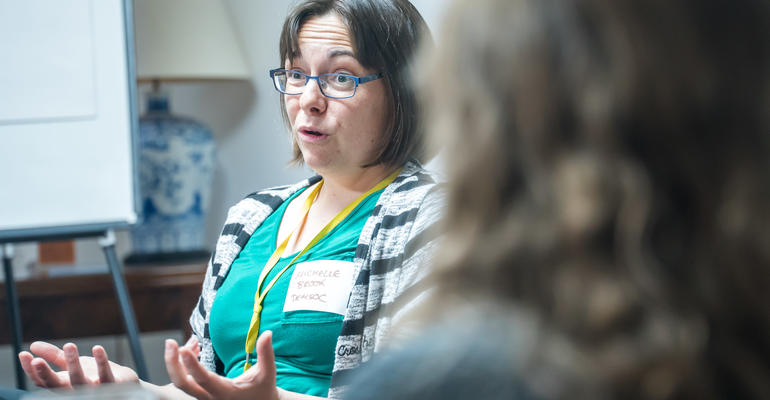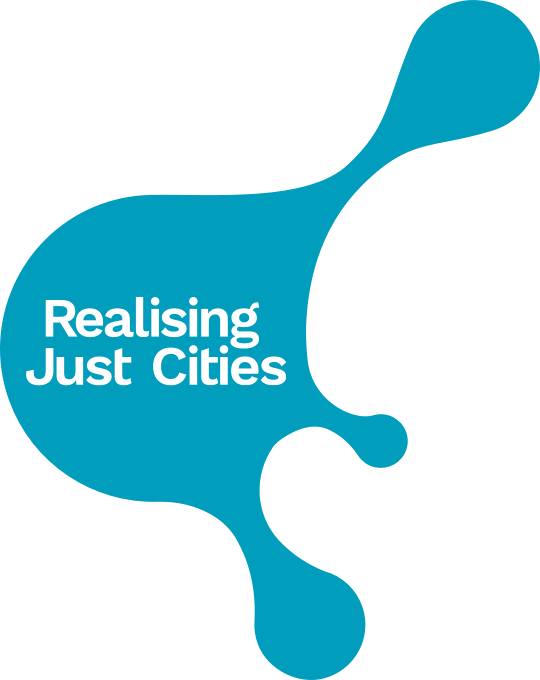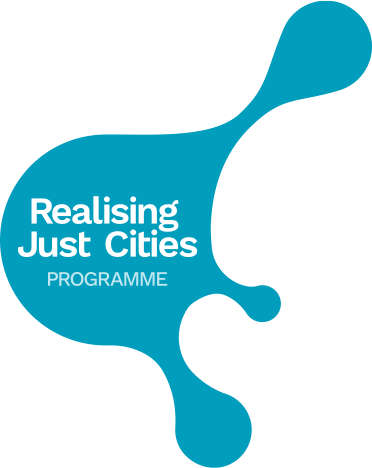Space in Common: what we learnt

As Space in Common has come to an end, we’ve created a short report assessing what was achieved and sharing some of the key points learnt from these discussions.
What was Space in Common?
Local authorities across England are required to set out long-term plans for how their area will take shape, which inform what can be built where – referred to as ‘spatial planning’. In October 2016 a draft ‘Greater Manchester Spatial Framework’ attracted considerable opposition, from resident groups and campaigners, objecting to plans to build on the greenbelt. In response to this recent history, and leading up of a planned re-draft, Space in Common was set-up.
Space in Common aimed to build relationships between different people who were trying to influence spatial planning decisions in Greater Manchester. And help people to learn more about each other’s perspectives, identify points of common ground, and explore possibilities for collaboration. Through this process we also hoped to learn how to build more constructive discussion and decision-making about spatial plans.
We decided to run four workshops with participants from local groups with an active interest in how these decisions are made for a range of different reasons. Through a series of workshops, we:
- helped the group share their previous experiences and ambitions;
- examined how planning currently works with a planner from a local council;
- learnt about the alternative approach built by the community network ‘Just Space’ in London; and
- considered possibilities for collaboration in Greater Manchester
Our Final Report
We’ve now created a short report summarising this project and what was learnt. This evaluates what the workshops were able to achieve, and shares some of what was learnt from discussions between participants.
Download the Space in Common report.
Through the course of these workshops we heard how communities feel under threat from a system that is hard to understand, and where communities can only respond once plans are already drawn up. There are also a lack of opportunities for people with different views to come together and discuss how they feel. And we heard how local authorities lack the resources to reach out and engage effectively and can feel overwhelmed by the weight of public opposition when plans are consulted on.. And at the same time feel under threat from housing developers who have disproportionately greater resources to dedicate to contesting their decisions.
How the system can improve
But we also saw glimpses of how things could work better. The experiences of Just Space, show what collaboration can achieve. This network has brought together and empowered a range of London community-based groups with an interest in decisions about how their city takes shape.
Rather than just responding to consultations these groups have set out their own vision for the development of their city, and are bringing new voices into spatial planning decisions. You can read more about the work of Just Space work through this blog post. And there are promising signs of collaboration and empowerment in Manchester, where greenbelt campaigners are cascading a growing understanding of spatial planning from one person to the next.
We’d like to thank everyone who took part in these workshops for sharing their experiences, energy and ideas.
Space in Common was delivered in partnership with The Democratic Society, a not for profit organisation that works to achieve greater public involvement in decision-making. If you’d like to know more about this project you can contact Beth Perry or Mat Basford.




